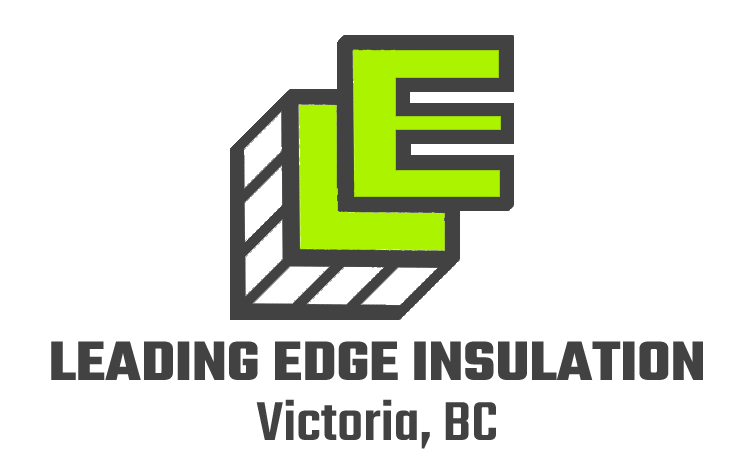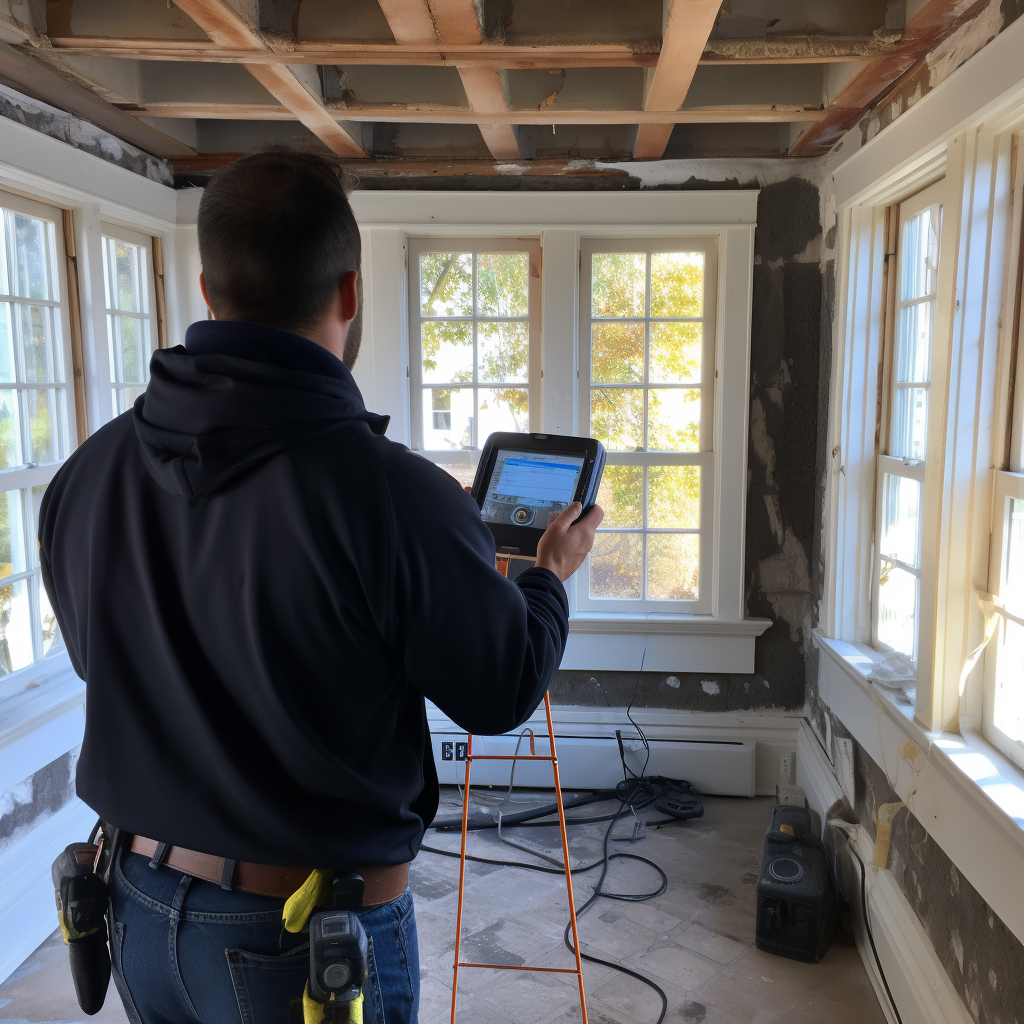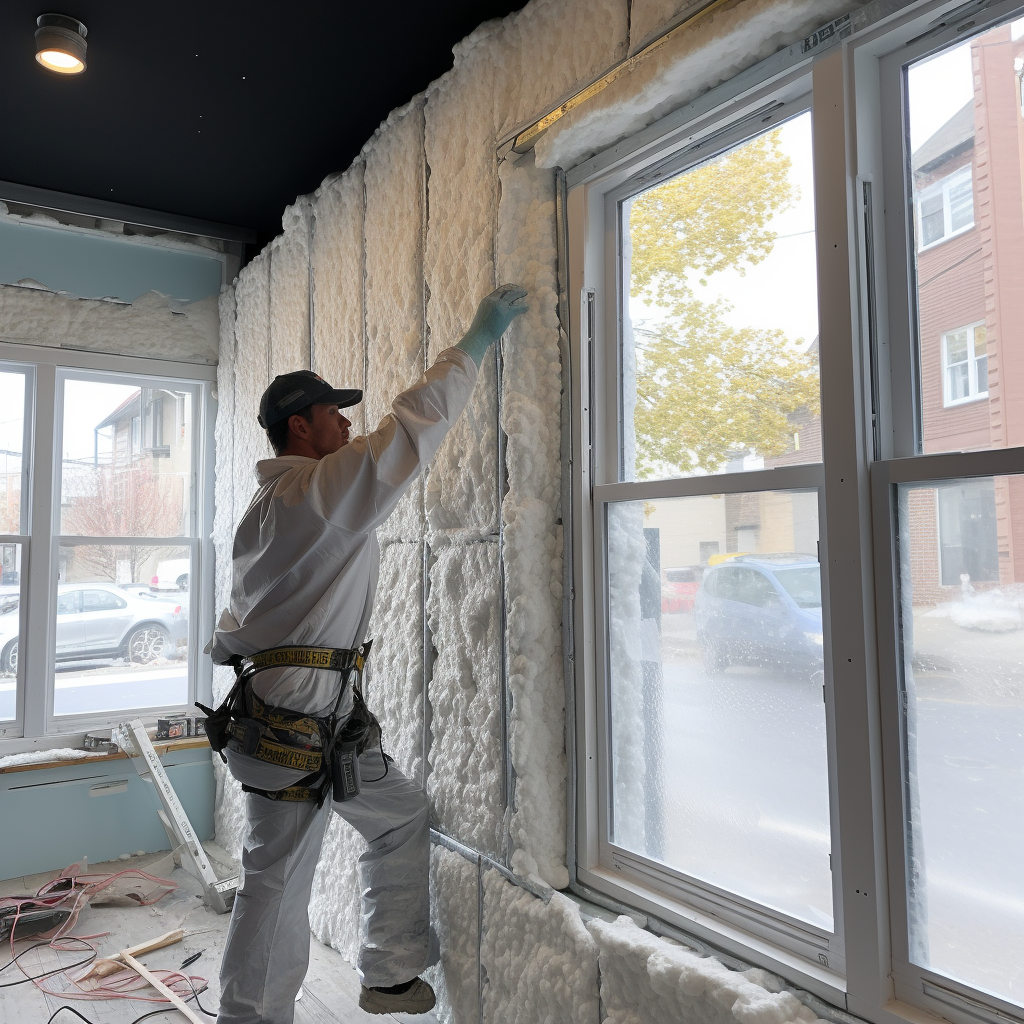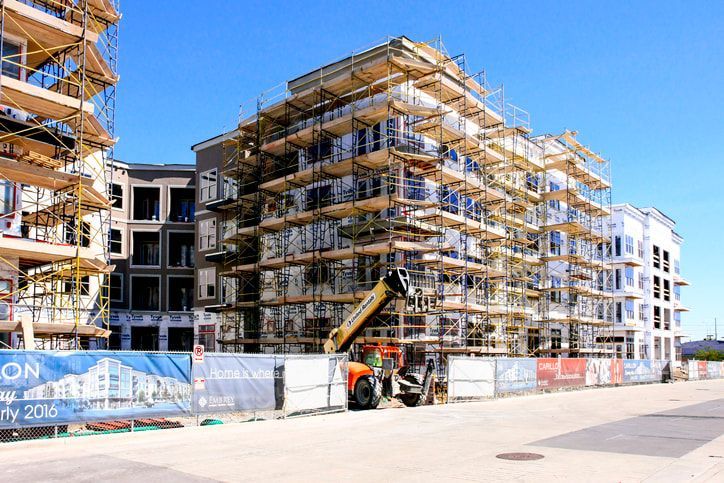Insulation Installation
Frequently Asked Questions
Got a question? We’re here to help.
FOR ALL YOUR INSULATION NEEDS
Victoria's Best All-Purpose Insulation Company
Check out our services below!
If you don't see the insulation service you are in need of, don't worry, get in contact with us and we will help!
Residential Retrofits & Renovations
Walls, Attics, Basements, Soundproofing, Fiberglass, Eco-Friendly, Energy Effecient
New Residential Construction
Air Barriers, Thermal Barriers, Air Leakage Testing, Radon Protection
Commercial Retrofits & Renovations
Fireproofing, Ductwork & Tank Insulation, Air Sealing, Insulated Paneling & Cladding
New Commercial Construction
Air Barrier Systems, Transition Membranes, Soundproofing, Specialty Coatings
OUR SERVICE AREA
INSULATION SERVICES FOR OUR NEIGHBOURS
VICTORIA
Downtown, Rock Bay, Burnside, Mayfair, Hillside, Central Park, Oaklands, Fernwood, Jubilee, Rockland, Fairfield, James Bay
OAK BAY
Gonzales, Uplands, Willows Beach, Windsor Park, South Oak Bay, North Oak Bay, Estevan
ESQUIMALT
Colville, Gorge Vale, Rockheights, Songhees, Vic West, West Bay
SAANICH
EAST SAANICH - Arbutus, Blenkinsop, Broadmead, Cadboro Bay, Camosun, Cedar Hill, Cordova Bay, Gordon Head, High Quadra, Lake Hill, Lambrick Park, Maplewood, Mt. Doug, Mt. Tolmie, Quadra, Queenswood, Sunnymead, Swan Lake, Ten Mile Point
WEST SAANICH - Beaver Lake, Elk Lake, Gateway, Glanford, Gorge, Granville, Interurban, Layritz, Marigold, Northridge, Portage Inlet, Prospect Lake, Royal Oak, Rudd Park, Strawberry Vale, Tillicum, West Saanich, Willis Point
CENTRAL SAANICH
Brentwood Bay, Hawthorne, Inlet, Island View, Keating, Martindale, Oldfield, Saanichton, Tanner, Turgoose
NORTH SAANICH
Ardmore, Cloake Hill, Dean Park, Deep Cove, Lands End, Pat Bay, Swartz Bay
VIEW ROYAL
Atkins, Burnside, Craigflower, Harbour, Helmcken, Hospital, Wilfert
THE HIGHLANDS
Durrance Lake, Thetis Lake, Willis Point
METCHOSIN
Happy Valley, Matheson Lake, Rocky Point, William Head
SOOKE
North Sooke, Saseenos, Milne’s Landing, Sunriver Estates, Sooke Town Centre, UpSooke, Broom Hill, Whiffin Spit, Otter Point, Kemp Lake, East Sooke, Beecher Bay
LANGFORD
Bear Mountain, Florence Lake, Florence Lake, Millstream, Thetis Heights, Glen Lake, Goldstream, Luxton, Ravenwood, Westhills
COLWOOD
Royal Bay, Triangle
SIDNEY
Sidney Northeast, Sidney Southeast, Sidney Northwest, Sidney Southwest
NANAIMO
Brechin Hill, Buttertubs, Cathers Lake, Cedar, Central Nanaimo, Chase River, Cilaire, Cinnabar Valley, Coal Tyee, College Heights, Decourcy Island, Departure Bay, Diver Lake, Downtown Nanaimo, Extension, Gabriola Island, Garner Crescent, Hammond Bay, Hawthrone, Hospital Area, Jingle-Pot West, Long Lake Heights, Lower Lantzville, Marlborough, Mudge Island, Nanaimo Country Club, Newcastle, Nob Hill, North Jinglepot, North Nanaimo, Northfield, Old City Nanaimo, Parkwood, Pleasant Valley, Protection Island, Quarterway, Rosehill, Rosewood, Ruxton Island, Sherwood Forest, South End, South Jinglepot, South Nanaimo, South Wellington, Stephenson Point, Thetis Island, University District, Uplands, Upper Lantzville, Valdes Island, Valley Oak Estates, Wellington, Westwood Lake




